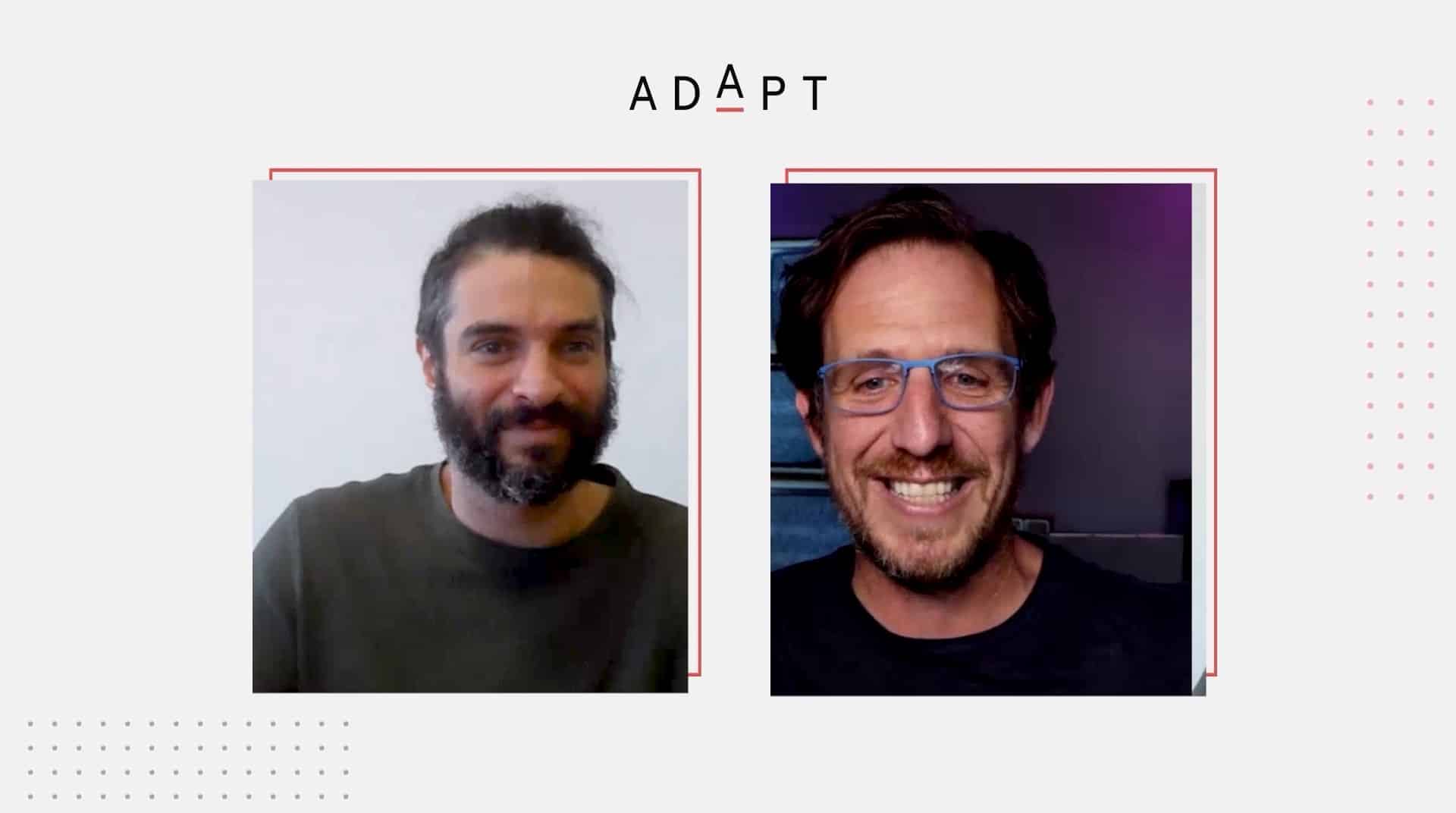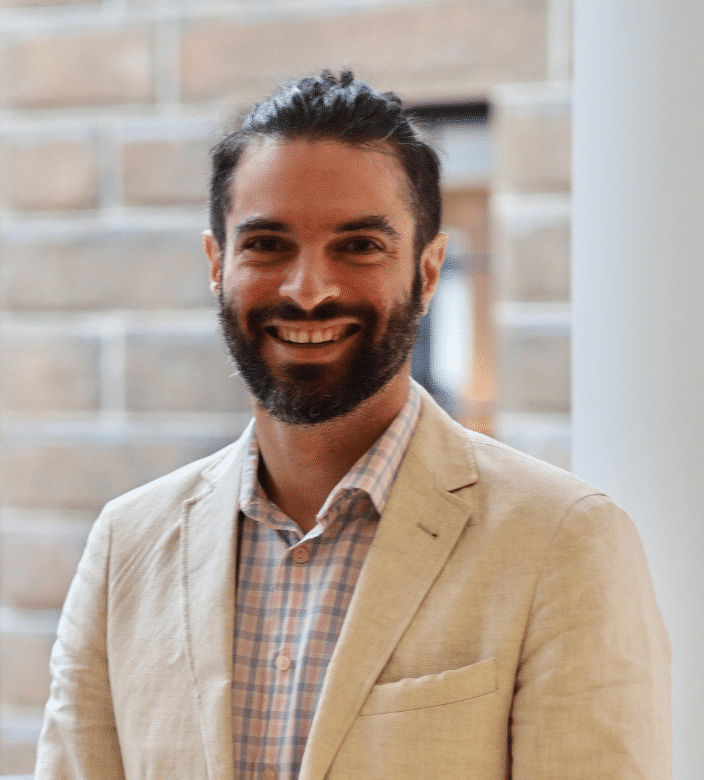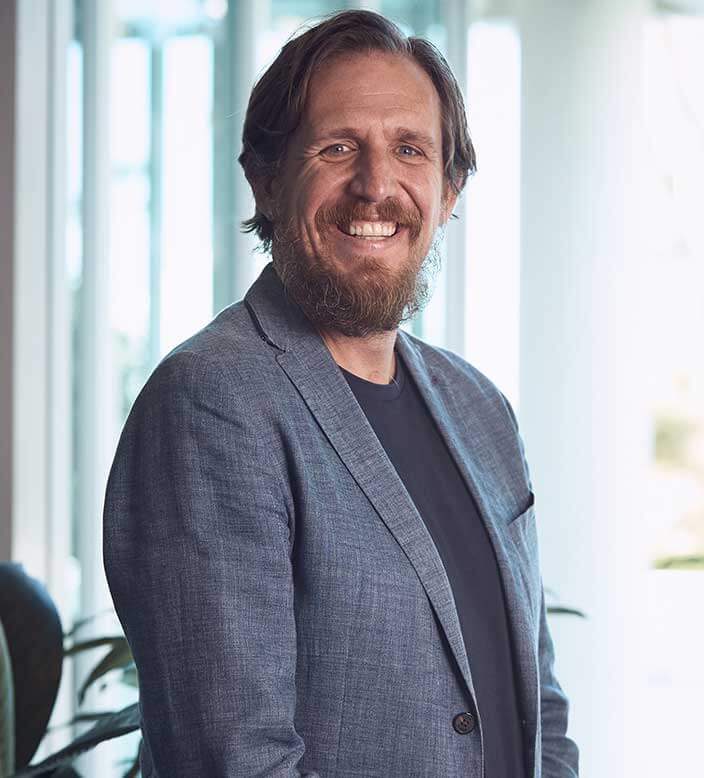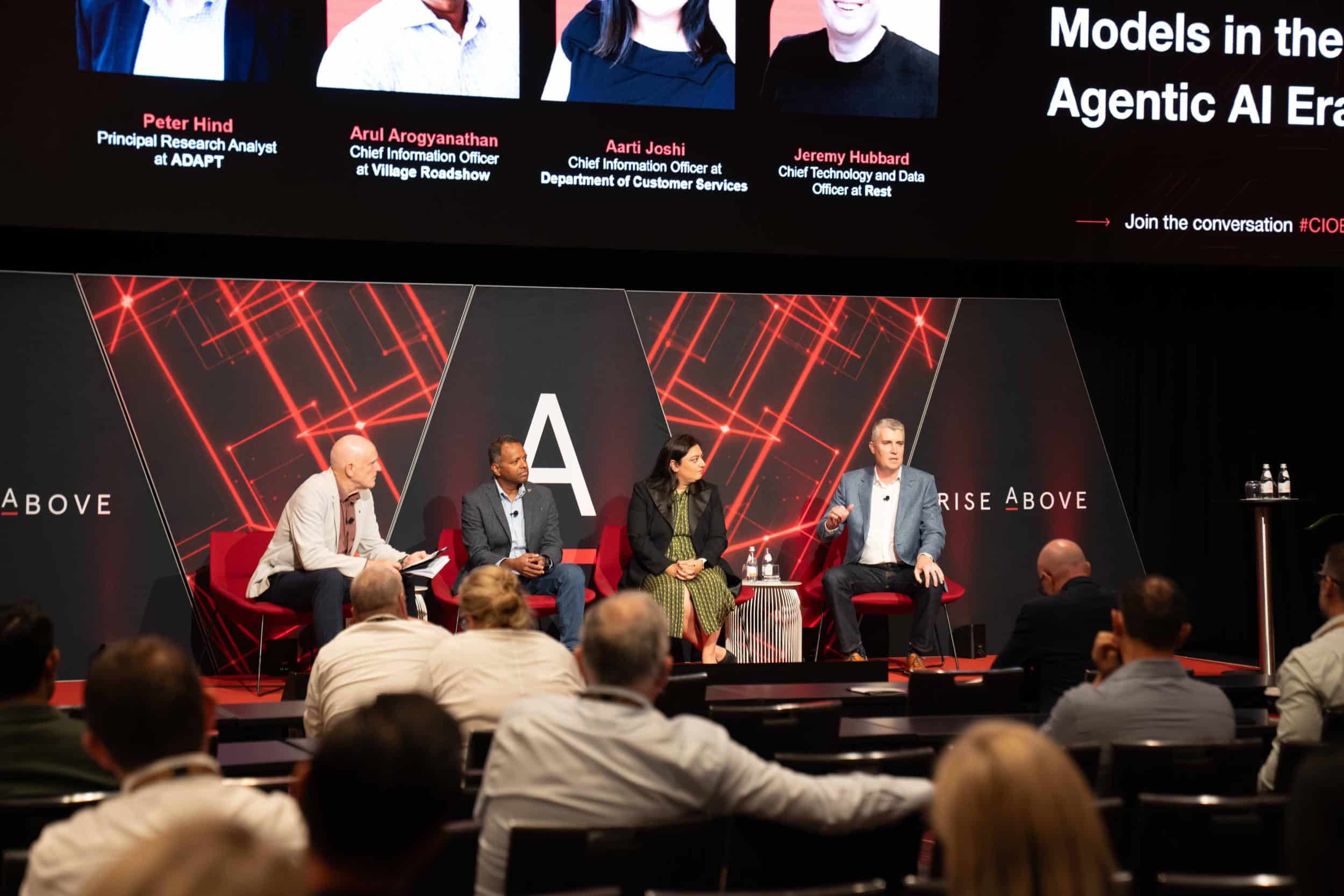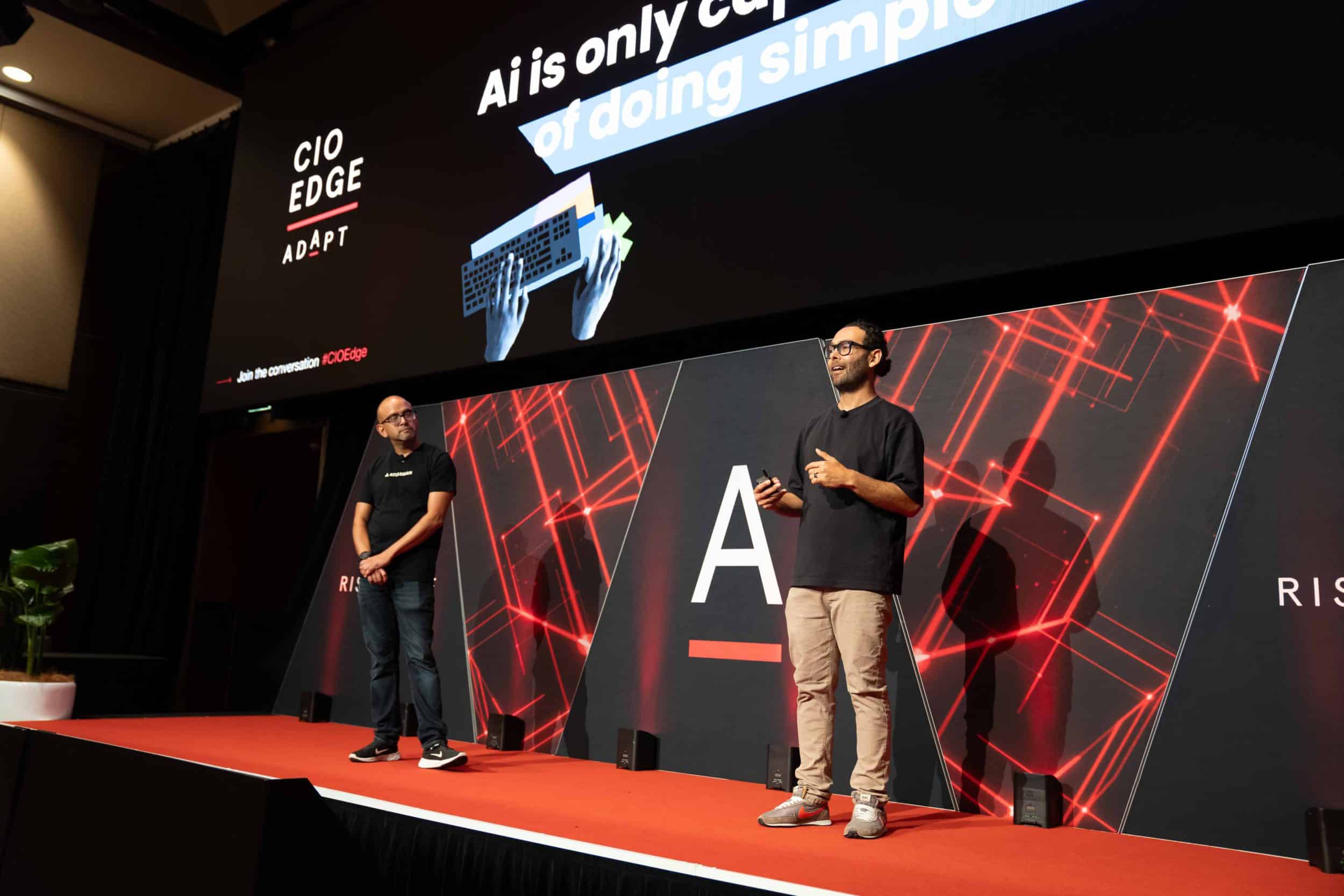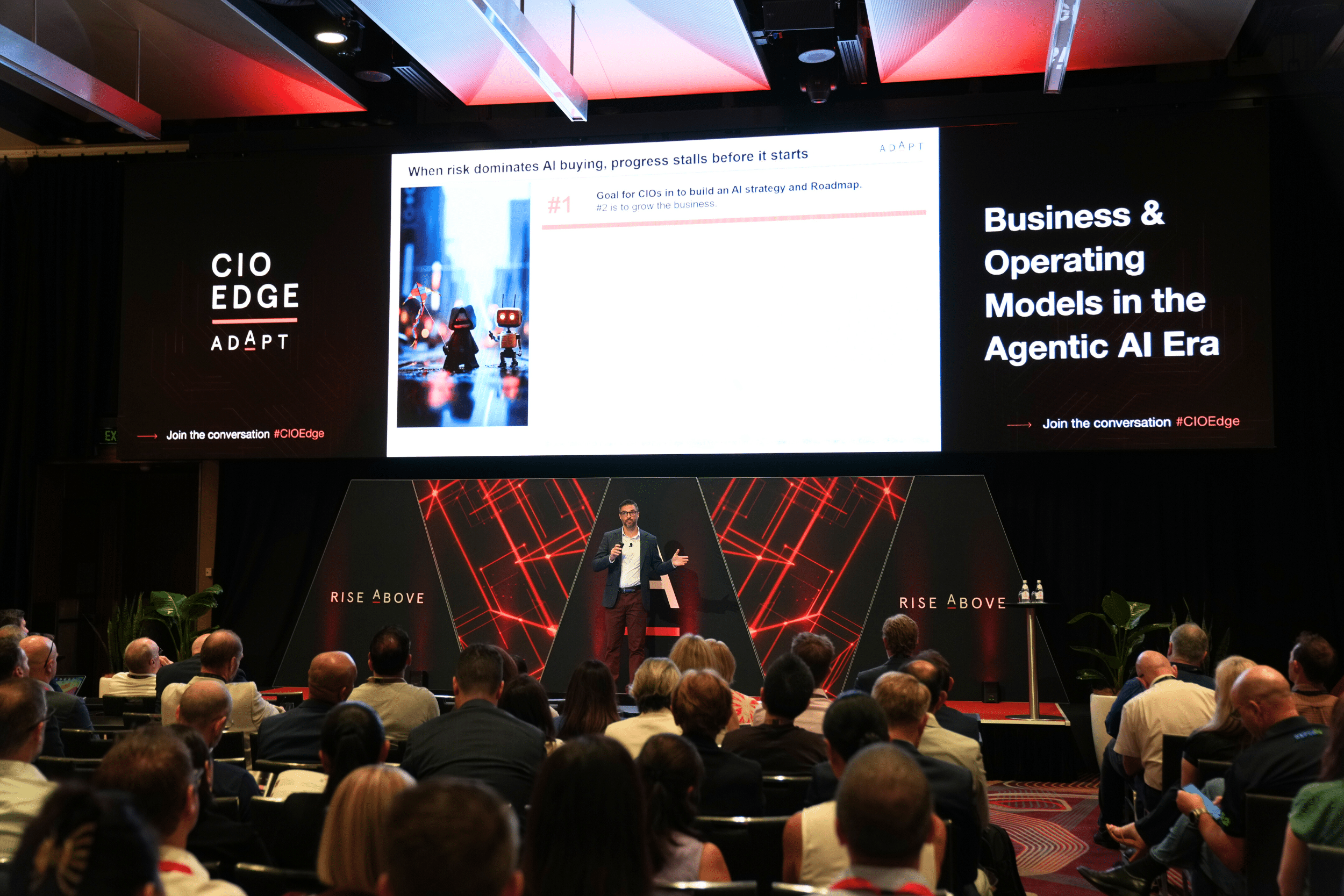In a world marked by constant change and societal complexities, the wisdom of futurists has become indispensable.
Simon Waller, a renowned futurist, has dedicated years to exploring the possibilities of our future.
In a recent interview, Waller shared his profound insights on the role of futurists, the significance of embracing discomfort, the power of collaboration, and the need for adaptability in times of uncertainty.
The Role of a Futurist
Simon emphasises that futurism is a process-driven discipline aimed at helping individuals and organisations find better solutions to complex problems.
By studying emerging trends, technologies, and societal shifts, futurists serve as guides, enabling us to navigate uncertainty and prepare for the future.
Simon’s extensive education and practical experience, including his corporate futurist role at Rio Tinto, have honed his expertise in this field.
Embracing Discomfort and Exploring Uncomfortable Questions
Future thinking demands a willingness to confront uncomfortable questions.
Simon underscores the significance of facing uncomfortable truths and uncertainties, both individually and as organisations.
The future, being hypothetical, allows us to explore diverse scenarios and potential outcomes.
By embracing discomfort, we gain the ability to identify risks, uncover opportunities, and discover strategic options that align with multiple potential futures.
Flexibility and Adaptability in Times of Uncertainty
Simon stresses the importance of flexibility and optionality during uncertain times.
While stable environments often prioritise excelling in a specific area, adaptability becomes crucial when facing uncertainty.
Organisations must embrace a mindset of flexibility, pursuing multiple strategic options simultaneously and making informed decisions based on the evolving landscape.
Resilience, agility, and the ability to shift strategic direction are key factors for thriving amidst uncertainty.
Navigating Change and Overcoming Resistance
Change can be challenging, and Simon acknowledges that people may exhibit resistance towards it.
However, he believes that change can be better managed by involving individuals in the decision-making process and providing them with context and understanding.
By seeking diverse perspectives and engaging employees in shaping strategic options, organisations can foster buy-in and reduce resistance to change.
Simon suggests cultivating a culture that encourages continuous learning, adaptation, and positive intent.
Recognising the Limitations of Data and Quantitative Measures
Simon highlights the limitations of relying solely on data and quantitative measures.
While numbers offer valuable insights, they often fail to capture the complexity and value of human contributions.
Simon emphasises the importance of recognising the qualitative aspects of work, such as creativity, collaboration, and empathy, which defy simple quantification.
Acknowledging these limitations enables organisations to prioritise value creation over cost reduction and cultivate an environment where individuals’ unique strengths can flourish.
Understanding the Implications of Generative AI
Discussing generative AI models, Simon draws attention to their limitations and potential risks.
While they provide average answers to various questions, they may not always offer the best or most tailored responses.
Simon advises caution and critical thinking, urging us to verify information rather than blindly relying on AI models.
He highlights the significance of leveraging the human element, including the ability to ask the right questions, alongside AI capabilities.
Maintaining Hope for the Future
Simon acknowledges the complexity and uncertainty prevalent in our world, which can lead to concerns and challenges.
However, he remains hopeful due to the inherent human connection and our collective drive to find better solutions.
Simon believes in the power of collaboration and the shared human experience, envisioning a future where we collectively thrive.
Conclusion
Simon Waller’s insights shed light on the crucial role of futurists in helping us navigate an uncertain future.
By embracing discomfort, fostering flexibility, and recognising the limitations of quantitative measures, we can better prepare ourselves and our organisations for the challenges and opportunities ahead.
Through collaboration and an unwavering sense of hope, we can collectively shape a future that benefits us all.





















